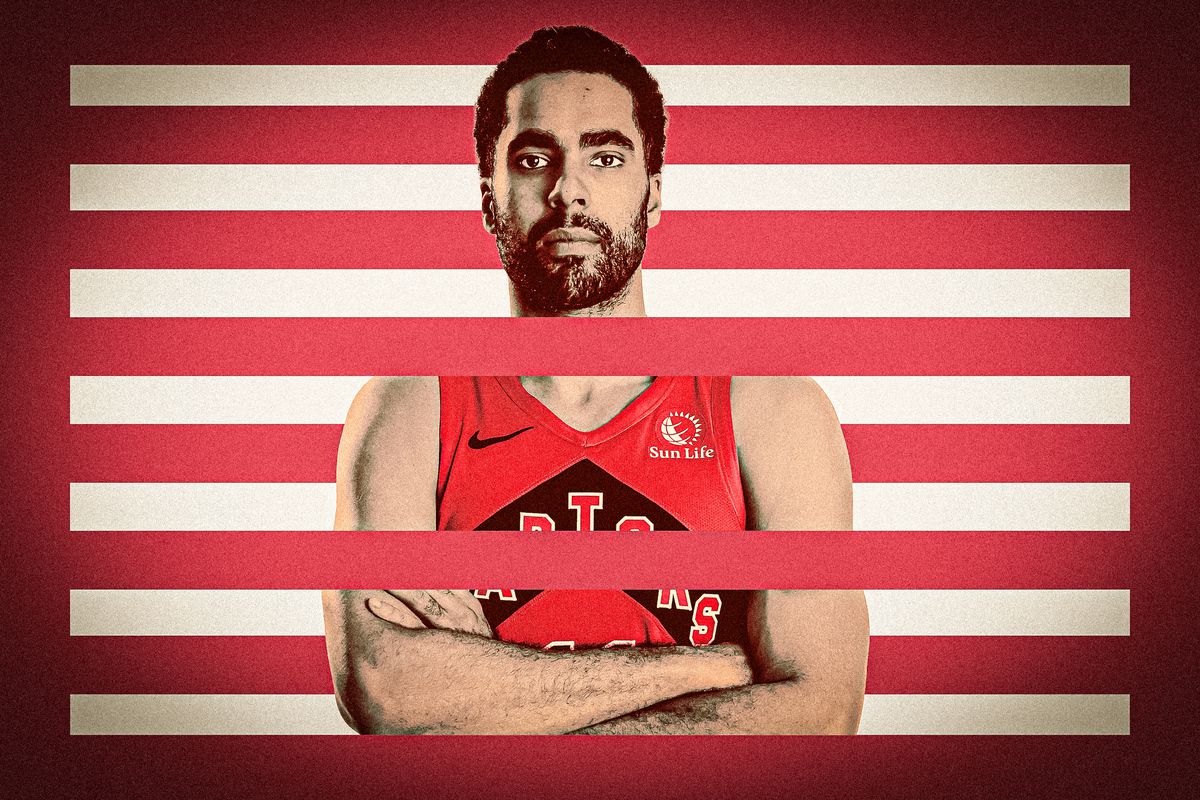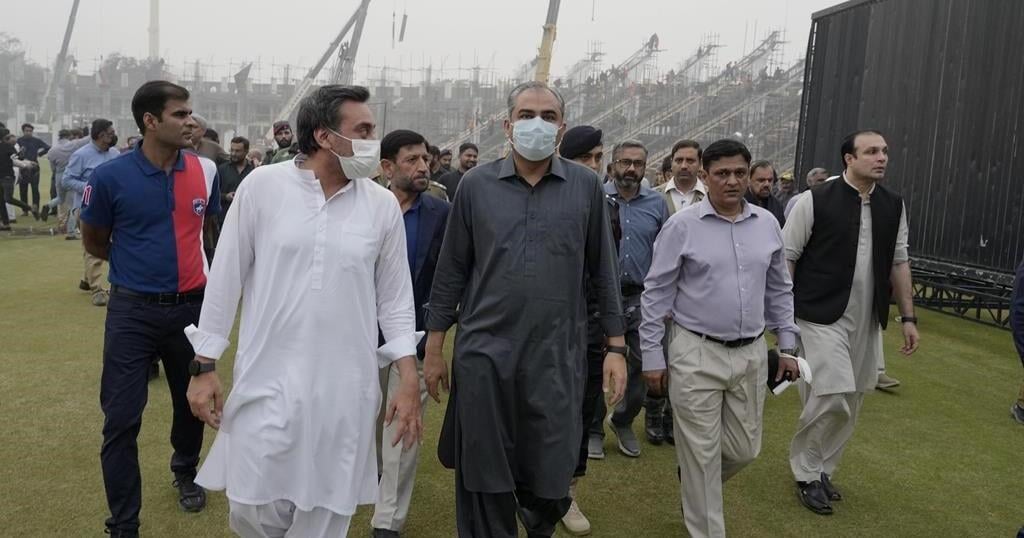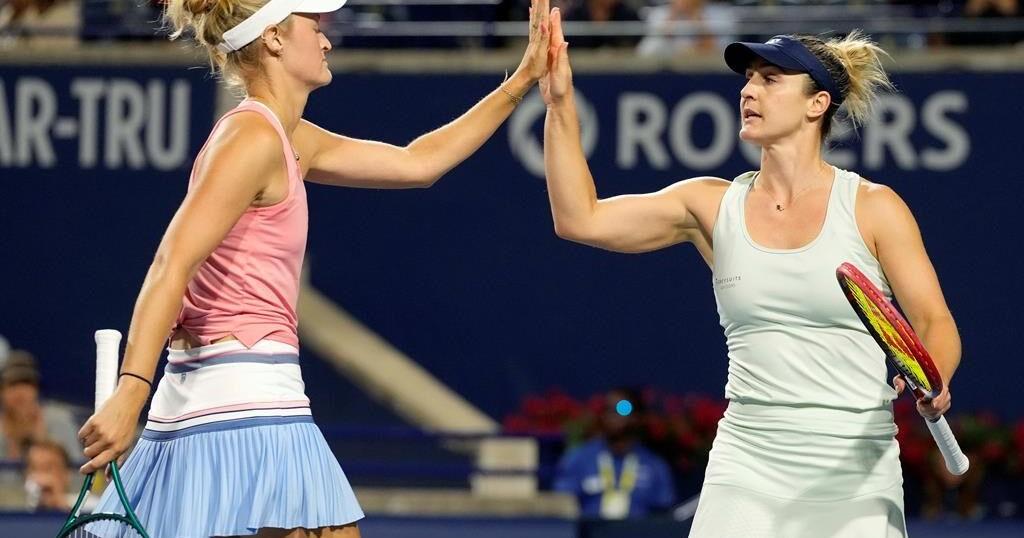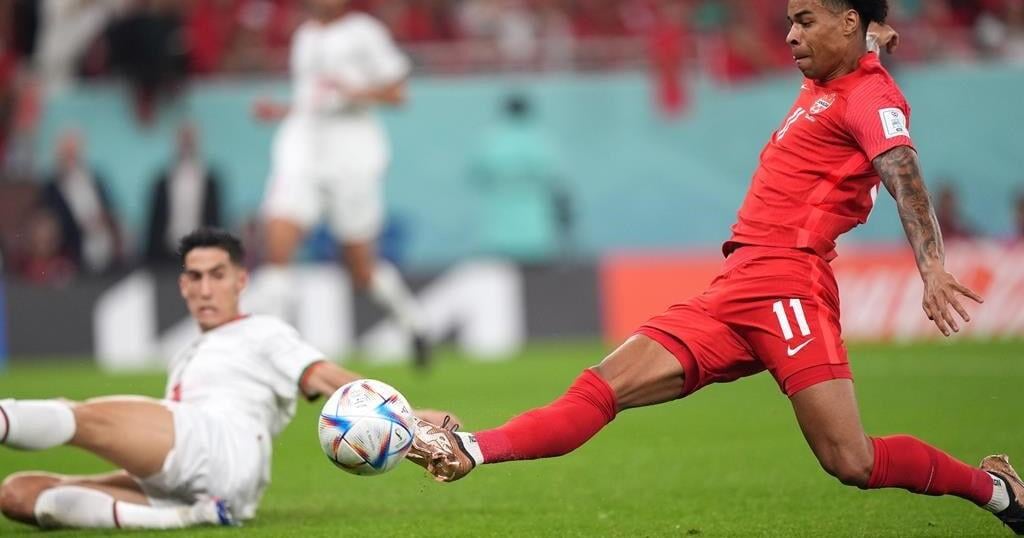There is a twisted irony to the situation Jontay Porter finds himself in. I’ll get to that. But first, if you’ll indulge me, here’s a eulogy of sorts.
From a young age, Jontay molded his game in the shadow of his oldest brother, Michael, who was one of the most spellbinding scorers I’d ever seen at the high school level. Less than 18 months younger, he was a perfect complement. Where Michael was a brash and athletic scoring machine, Jontay was a floorbound passing savant. His game was exceptionally mature, intelligent, and nuanced. He was a pick-and-pop threat from 3, a whip-smart communicator on defense, and a distribution hub as a big man. On the court, Jontay was his older brother’s keeper. They’ve both been snakebitten in their own way: three spinal surgeries for Michael, two major knee surgeries for Jontay. But where Michael would eventually find his footing with the defending champion Denver Nuggets, Jontay had largely found himself aimless in the wilderness until this season.
Signed to a two-way contract with the Toronto Raptors back in December, Porter, fully healthy for the first time in his professional career, showed flashes of the player he was meant to be at the highest level. The craft and spatial awareness he demonstrated in setting screens, combined with his exemplary passing vision, made him an immediate threat in dribble-handoff situations. (I may or may not have made a few irresponsible Marc Gasol comparisons in some group chats.) In the final game of his NBA career, Porter logged eight assists in under 21 minutes—only 24 other centers across all of NBA history have accomplished a comparable feat. In the 37 games he played—and will ever play—in the NBA, Jontay had a career assist-to-turnover ratio of 2-to-1.
There’s the irony. On the floor, he’d always been a good decision-maker.
But a series of dubious choices off the court has brought him to this landmark moment in modern sports disgrace. On Wednesday, less than a month after the NBA opened an investigation into “betting irregularities” related to Porter, he was given a lifetime ban from the league for a litany of infractions. Porter is the first player to receive a permanent ban for offenses not tied to the NBA’s substance abuse policy since 1966, when Roger Brown and Connie Hawkins were banned due to their association with a 1961 NCAA point-shaving scandal. The Porter investigation revealed that from January to March of this year, Porter had placed at least 13 bets (none involved games in which he had played) through a friend’s account, with wagers ranging from $15 to $22,000. He’d bet against his own team on three separate occasions in multi-game parlays, each time betting that the Raptors would lose—he did not hit on any of those parlays, though it’s unclear whether that was the result of any Raptors victories. (There weren’t many in that three-month span.) Porter’s bets totalled $54,094; he was paid $76,059, a net gain less than the highest single bet he’d placed.
The most egregious offense occurred on March 20, prior to that night’s game between the Raptors and Kings, wherein Porter “disclosed confidential information about his own health status to an individual known to be an NBA bettor.” Another one of Porter’s associates had placed an $80,000 parlay on Porter-specific prop bets for that game, betting the unders—which promised to yield winnings of $1.1 million if it hit. Such a high-value bet placed on a middling role player was immediately flagged as suspicious by licensed sports betting operators and reported to the league. (As such, the bet was frozen and did not pay out.) Jontay played a total of two minutes and 43 seconds against the Kings that night before sitting for the rest of the game, citing illness.
Porter’s gambling proclivity didn’t arise out of the blue. He began investing in cryptocurrencies in college. He has operated a social media account sharing stock and crypto trading tips since September 2020, claiming to be the cofounder of a swing trading advice service and community—the kind of get-rich-quick echo chambers on Discord that have become a dime a dozen since the early days of the pandemic, exploding in popularity after the fabled short squeeze on GameStop stock. (Porter once tweeted about the service from his main account, two days after the initial GameStop short squeeze happened on January 22, 2021.)
But for someone whose main hobby and side hustle was hawking notions of financial freedom and literacy, his recent actions (and those of his associates) didn’t exactly reflect much of the latter. There may be different mechanisms at play between sports betting and stock trading, but ultimately, both are heavily influenced by transaction volume in the market—factoring liquidity risk is one of the very fundamental elements of understanding how any of this even works. Knowing that, one would never try to get away with a $80,000 parlay wager in a justifiably barren market on a fringe player coming off the bench for a tanking Raptors team. According to the league’s report, Porter—who clearly knew the trendline of his numbers, having logged at least 20 minutes per game in the previous four contests—intentionally manipulated the game and his place in it. All for the opportunity to win $1.1 million, less than the salary he made playing 11 games for the Grizzlies in 2021. On a literal bet against himself. It’s human to minimize one’s own sense of worth. It’s something else entirely to treat yourself like shitcoin.
But that is the byproduct of making sports betting as accessible as it’s become—it fuels impulses, which beget more betting. You can lock in a bet faster than you can process the consequences. You can’t see the analytical mainframe monitoring every transaction in the country from the parlay builder interface on your phone. You only see the numbers you want to see. It’s not hard to see how people grow addicted. Yet, it wasn’t long ago that the NBA fought against legalized gambling. Back in 2012, the big four American sports leagues and the NCAA sued New Jersey over a bill that would legalize sports betting within the state; they’d sue New Jersey again in 2014. Legalizing sports betting, the leagues claimed, “undermines the public’s faith and confidence in the character of amateur and professional team sports.”
But then, something changed. That same year, in 2014, the NBA struck a strategic partnership deal with FanDuel, which included an equity stake—back then, FanDuel was purely a daily fantasy sports operation, which granted it exemption from the Unlawful Internet Gambling Enforcement Act of 2006, as fantasy sports were given specific clearance. Days after the FanDuel announcement, Silver, then in his first year as NBA commissioner, published a New York Times op-ed titled “Legalize and Regulate Sports Betting.” The writing was on the wall, and the NBA would be the first to get in on the ground floor. In the ensuing 10 years, the cognitive dissonance that has arisen from legalized gambling and its interfacing with professional sports coverage has been so all-consuming as to render as white noise. (Speaking of: This story is brought to you by The Ringer, a FanDuel partner.)
The Porter decision is exactly what the NBA had dreaded—and hoped for—when it got into business with the sports betting entities that be. The legalization of sports betting was seen as a way to install and uphold measures that would be able to monitor market volume on a global scale and address glaring discrepancies while bringing the action out into the open. From that standpoint, the NBA can conveniently view this situation as a proof of concept in preserving the integrity of the game and of the legal betting industry as a whole. A lifetime ban for gambling and compromising the integrity of the game is firm and unambiguous. That the watershed ruling could be levied against an aspirant like Porter rather than an established star meant that the decision would largely come without rancor from fans. It was a no-brainer. Though it begs the question of how other more morally heinous offenses have been handled with relative leniency, the answer is as it’s always been: The NBA is a business, and its express duty is to expand and protect its business interests above all else. The lack of ambiguity in that regard speaks for itself.
Porter will be immortalized as an example and a punchline. There will surely be others, whether in the NBA or another major league, who will see the half-steps that Jontay took and apply revisions more deftly. The allure is ever-present. And for players at the bottom of the pecking order looking up, it must be difficult to tame the sense of desperation in keeping a dream alive, however possible. I haven’t been able to stop wondering about the person behind the news cycle, and the decisions he’s made that have culminated in this. He thought about quitting the game back in 2022, as detailed in a Sportsnet profile published in early January. During his brief stint with the Memphis Grizzlies from 2020 to 2022, he was taking “several ibuprofen” before games to deal with the pain in his knees. It’s a familiar ailment in the family: In addition to Michael’s surgeries, both of his sisters at one point or another were forced into medical retirement from playing basketball at Mizzou due to knee issues—his older sister Bri had five ACL tears across high school and college.
My mind goes back to March 2019 and a story I read about that night. Jontay was at the Denver Nuggets practice facility, watching his brother Michael play one-on-one against a friend. Less than five months removed from tearing his ACL and MCL on a freak landing during a scrimmage, he was itching to play. He had been a potential one-and-done first-round prospect in the 2018 NBA draft, but opted to stick around at Mizzou to bolster his stock, only to suffer the setback. The knee surgery was a disappointment, but Jontay was on track to be game-ready by draft night in 2019. In fact, he had been scheduled for a checkup a few days earlier in March to receive clearance to run and jump, but had to cancel the appointment due to the bomb cyclone blizzard that produced nearly a foot of snow in Denver. At that moment, he felt fine. And he was going to get cleared anyway. So he joined in. “I guess just competitive nature took over,” Porter told The Kansas City Star. “I wasn’t really thinking about my knee. I kind of went for it. I felt invincible.”
As the intensity ramped up in a one-on-one against Michael, Jontay felt his knee pop. “Why would you play?” Michael screamed at him, according to the Star article. By the end of March, Jontay would have his second knee surgery in less than six months. An irrational impulse altered the trajectory of his career forever. Five years later, nearly to the day of his second surgery, another would destroy his career completely.
“I’m only going to be out a year,” Porter told the Star back in 2019. “I have so much time to invest in other things. At the end of the day I can’t be upset about one year being taken away from me.”
How about a lifetime?





















